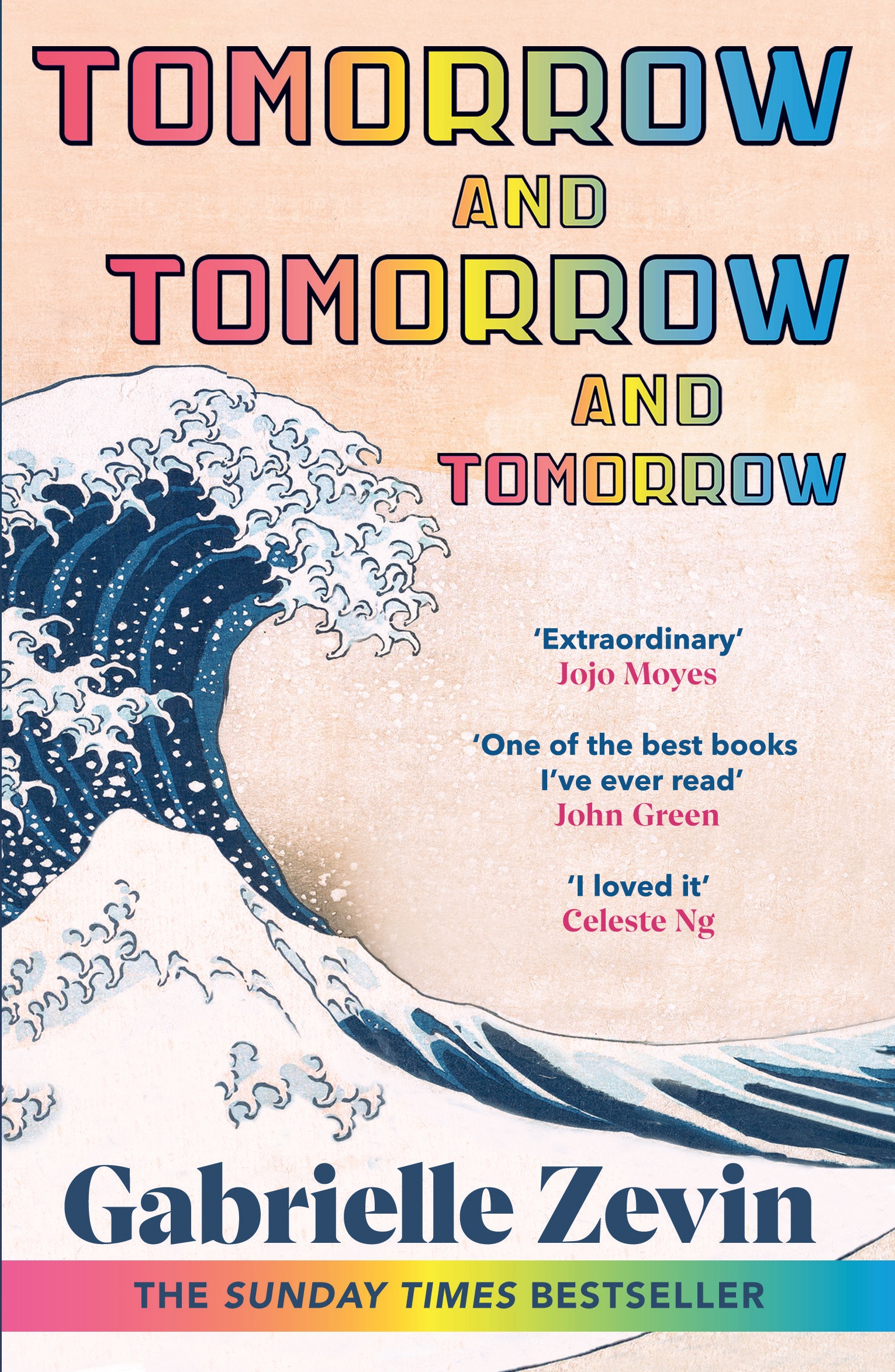In November 2009 I started a post entitled
Is Borders evil? so as you may guess the news that they had placed themselves into voluntary administration on Thursday didn't cause too much heartache around here. As a chain-bookshop ex-employee I do feel sorry for the shopfloor staff who now face irate customers with impossible demands and the likely loss of their jobs.
I came to the conclusion that they probably weren't inherently evil as much as incompetently nefarious, so I never did publish the post, but charging well above RRP on about 90% of your stock did seem like a strange strategy for a bookshop looking for customer loyalty and longevity. The half-empty shelves, poor stock selection and lack of key backlist titles over the last few years also seemed to point to some problems with management and strategy.
Around this time the government was also looking into the parallel importation laws and book pricing in general, so there was plenty of media coverage about the disparity between book prices in Australia and those in the USA and UK, but bizarrely there was no coverage anywhere about one of the major book retailing chains over-pricing the vast majority of their stock.
It wasn't always like that, however, when Borders first opened in Carlton in early 2003 it was a well stocked and pleasant spot to browse. I still never bought much there, but occasionally one of their discounted bestsellers like William Gibson's Pattern Recognition or something more esoteric not stocked elsewhere would persuade me to get the credit card out.
Unfortunately in 2007 the Borders US group started getting into difficulties and the UK and Asia Pacific parts of the business were put up for sale. The Australia/NZ side was bought in June 2008 by the REDGroup who are in turn owned by Pacific Equity Partners (PEP), a private equity firm who clearly weren't buying because of a love of literature. The REDGroup already owned the Angus and Robertson chain in Australia and the Whitcoulls chain in New Zealand, so it was fairly obvious that PEP thought they could merge Borders into the existing business, streamline back office functions, maximise profit and sell it on as soon as they could get a good price. (The financial background is explained well in an
article in yesterday's Sydney Morning Herald by Michael Evans.)
Straight away you could see the change in the shops: backlist wasn't replaced, shelves got empty, prices went up across the board and non-book products became more and more prominent. I am probably not the average book-buyer, but it wasn't long before I stopped buying anything from them and quickly realised that it wasn't even worth going in to the stores as it would just annoy me.
Not as annoyed, however, as I was when it was revealed soon after the announcement that Border's chairman Steven Cain had written to the government blaming them for the chain's failure because of the overseas internet shopping GST loophole and parallel importation laws. Sure, internet booksellers will have taken a some of Borders market, but the parallel importation laws have very little to do with the problems the REDGroup encountered. For their management to try to shift the blame from their failings to others over two issues which they were well aware of and should have had strategies for dealing with is pathetic in the extreme. It is also telling that Dymocks and other, smaller independent chains, like the ever excellent Readings, can survive in the current climate when they are dealing with exactly the same issues, albeit far more successfully.
Most of the articles about the collapse have made much of the impact of overseas online booksellers like Amazon and Book Depository (
some even going so far as to predict that this is the beginning of the end for all shops!) who are undoubtably grabbing a bigger and bigger share of the market in Australia and many have pointed out that the widespread take-up of ebooks will squeeze the bricks-and-mortar bookshops further. Personally, I think that big and bland chains will struggle as more of their custom goes online, but am optimistic that smaller and more customer-focused shops should still be able to thrive. Their role will change slightly as all the bestsellers go digital, but provided they focus on the things that on-line and ebooks can't provide like author events, discussion groups and great customer service then I think they will be all right. Of course they may need a bit of help from the publishers in all of this, but that is another story which can wait for now.
There is bound to plenty more coverage over the coming weeks and the whole industry will be watching intently to see what happens. In the meantime, if you want to know more here are some of the best sources and stories:
John Birmingham – Borders' demise: why the book chains are doomed
Bookseller + Publisher blog – Things we keep repeating
Bookseller + Publisher blog – Round-up of stories on REDGroup entering voluntary administration
And my favourite,
Ross Honeywill – How Mark Rubbo killed Borders books




















